Hello and happy Saturday. Summer is when Americans hit the road, piling into the family truckster to relax at the beach, hike through our beautiful national parks, or visit far-flung friends and family. The Trump administration also went on a journey this week—a nostalgia trip.
On Wednesday, Director of National Intelligence Tulsi Gabbard announced at a White House press briefing that the Obama administration had “conspired to subvert the will of the American people” by interfering with the investigation into whether Russia interfered in the 2016 election, “launching what would be a yearslong coup against [Trump] and his administration.”
She also released a declassified 2017 House Intelligence Committee report that she said would “confirm a treasonous conspiracy” against Trump by former President Barack Obama.
What’s going on, exactly? The story actually begins last Friday, when Gabbard issued a press release claiming that Obama had “manufactured and politicized intelligence” after Donald Trump won the 2016 election. I’ll let Michael Warren explain. On Tuesday he wrote:
This is Gabbard’s case in brief: The government’s intelligence community assessed prior to the 2016 election that Russia did not have the capability to “hack” the election and alter its outcome, but once Trump was elected, and under the direction of Obama himself, then-DNI James Clapper issued a politicized intelligence assessment that falsely concluded Russia had meddled in the election to boost Trump’s campaign. According to Gabbard, every effort to “delegitimize” Trump’s first presidency, from the Mueller investigation to both of his impeachments, can be traced to this “treasonous conspiracy.”
Just one problem, Mike noted: “None of Gabbard’s claims and purported evidence provide anything new to our knowledge of what Russia did and didn’t do in 2016.”
As we explained in The Morning Dispatch on Friday, Gabbard is, at minimum, overstating the contents of the 2017 House Intelligence Committee report that she declassified and released: “The lawmakers faulted the Obama team for rushing the [January 2017 intelligence assessment] and relying on shaky intelligence, but their recommendations largely focused on improving future assessments. And they certainly didn’t make the case for criminal prosecution.”
That’s not all, though. TMD continued:
The Trump administration’s new case also conflates allegations that Russia attempted to rig the 2016 election by hacking voting machines with claims that it sought to influence its outcome through other means, like online influence campaigns and phishing operations to obtain damaging information on Clinton.
The Justice Department announced Wednesday that it was creating a “strike force” to investigate the allegations and consider next steps.
While the fact that the administration has made hay of this issue is perhaps unsurprising, given Trump’s campaign rhetoric around retribution, but … why now? In Boiling Frogs, Nick Catoggio offered a few theories. He writes that Gabbard and Trump have different motivations for elevating these misleading allegations but that both stand to benefit. Gabbard had angered Trump earlier this summer by posting a weird video featuring AI-generated nuclear explosions and warning that the world was “on the brink of nuclear annihilation” and was subsequently sidelined in the leadup to the strikes on Iranian nuclear facilities. For his part, Trump is happy to have something to talk about besides the Jeffrey Epstein files. Nick wrote:
In the Republican Party of 2025, alleging a treasonous conspiracy involving a prominent Democrat is the surest way to boost your political Q-rating. If I were Pete Hegseth and felt the ice cracking beneath my feet, I’d be hard at work building a case that Hunter Biden is the secret mastermind behind Mexican narco-trafficking.
The second theory, that the “treason” chatter is a contrived distraction, is so plainly true that it barely warrants comment. Not only has Trump begun to deflect questions about Epstein by pivoting to Obama’s “coup,” he’s publicly encouraged other Republicans to do the same.
Nick did suggest a third theory, that the Obama administration is guilty as charged, but he dismissed it as “silly.”If you could use a palate cleanser, please check out Adam White’s Next 250 essay on the courts in our contentious era, David M. Drucker’s deep dive on the Republican Jewish Coalition, or John McCormack’s in-depth report on how Baltimore is reducing violent crime. Or all of them! Thanks for reading and have a great weekend.
From our friends at the Observer
Smart coverage of power and ideas.
Check out The Observer Daily for the very best of their investigations, interviews, reviews, and reporting – curated daily by the newsroom’s editors. Sign up for free.
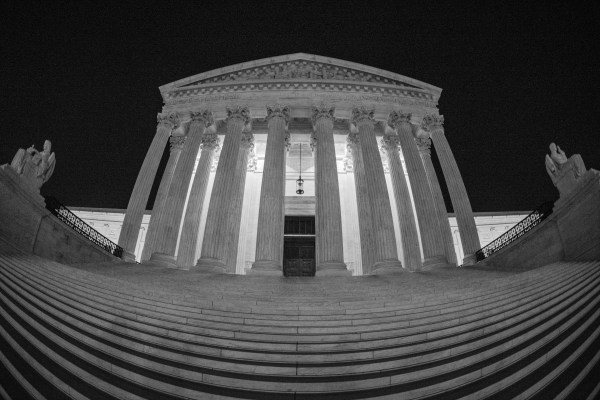
Here the People Rule, and So Does the Law

The Republican Jewish Coalition: David Becomes Goliath
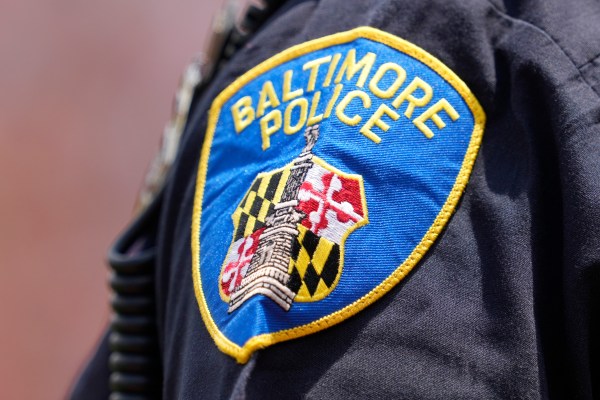
Why Murders in One of America’s Most Violent Cities Hit a Historic Low
Best of the Rest

Not All Change Is Progress
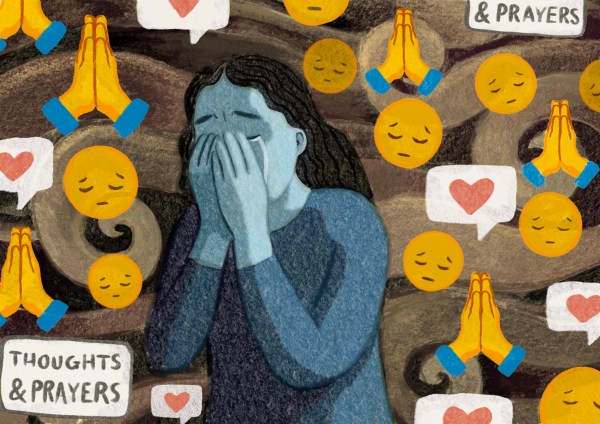
The Grace of Grief
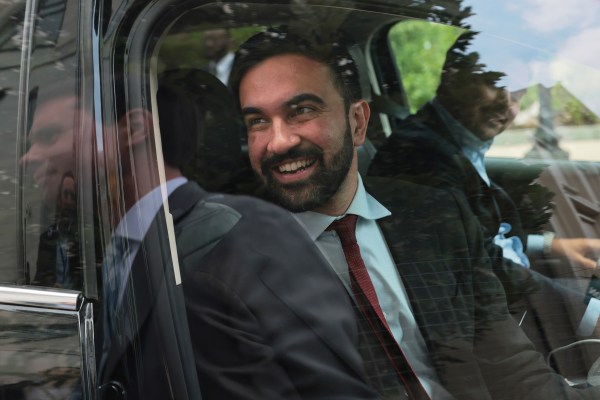
New York House Dems Cool to Mamdani’s Mayoral Bid

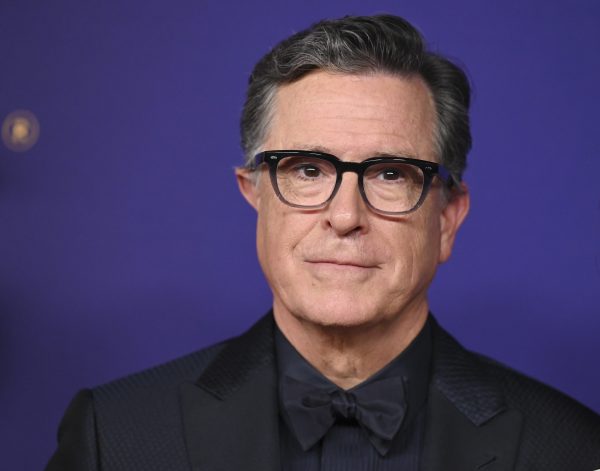
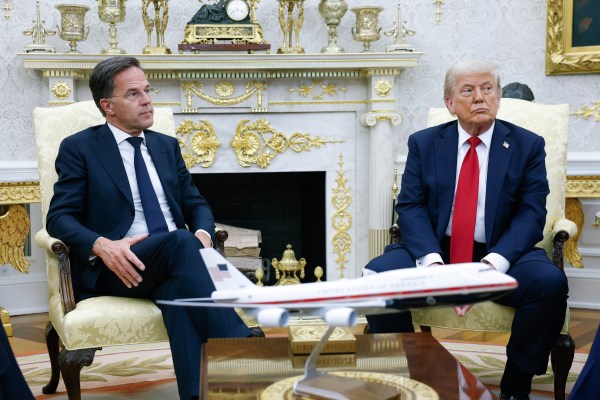
Tariffs Aren’t Sanctions
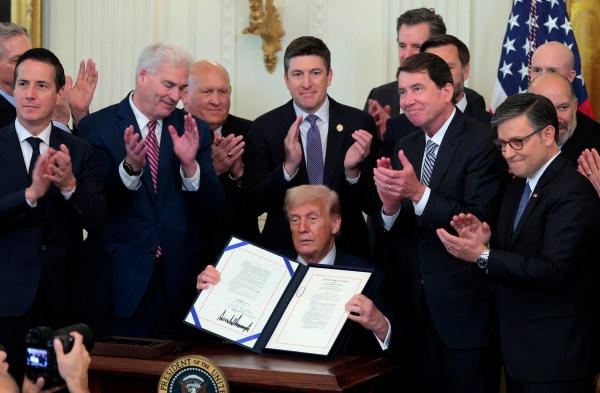
GENIUS Act Represents a Major Milestone for Crypto Regulation


Across the Pond Politics | Interview: Francis Dearnley

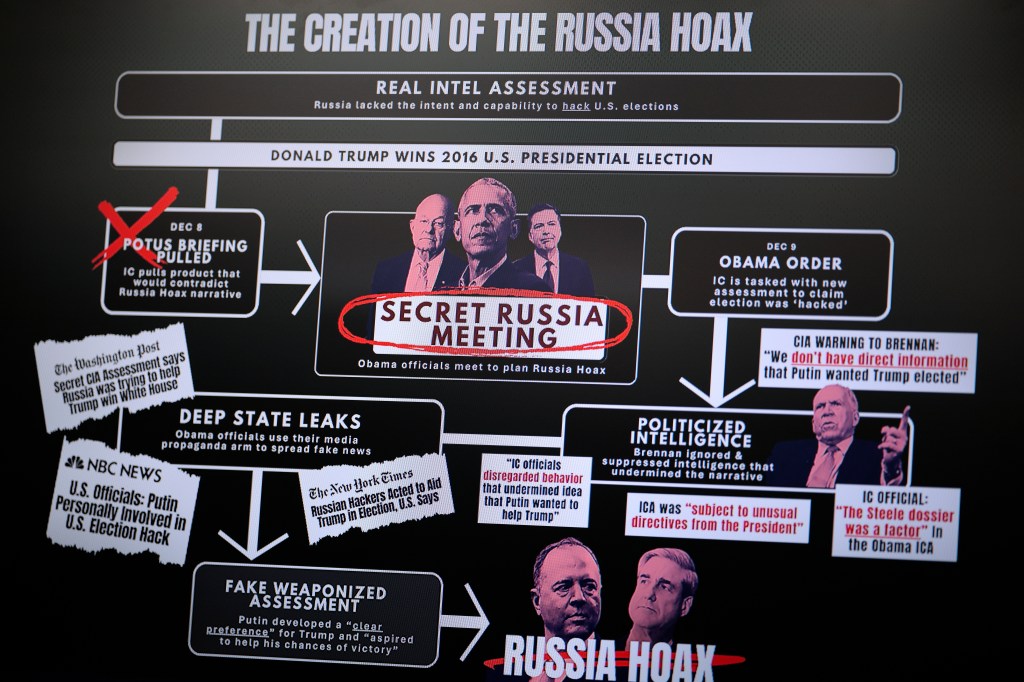






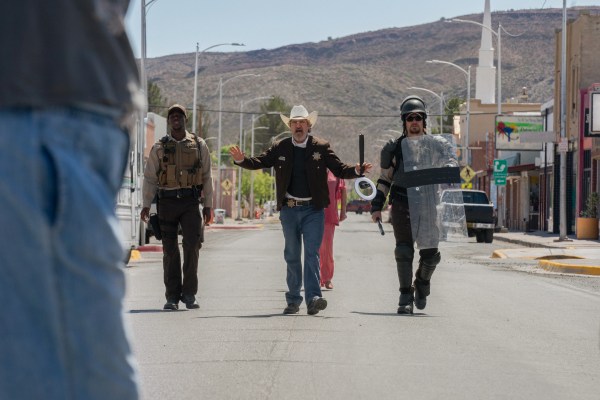


Please note that we at The Dispatch hold ourselves, our work, and our commenters to a higher standard than other places on the internet. We welcome comments that foster genuine debate or discussion—including comments critical of us or our work—but responses that include ad hominem attacks on fellow Dispatch members or are intended to stoke fear and anger may be moderated.
With your membership, you only have the ability to comment on The Morning Dispatch articles. Consider upgrading to join the conversation everywhere.